7 Movies and TV shows Epidemiologists Should Watch
Category : PROspective
Written by: Nafis Khan and Veronika Laird
This post was originally published on January 30, 2022.
If you’re like me, when winter hits you know the best place to be is inside. It gets dark earlier, everything is kind of dreary, plus all you want to do is take a nap. Some of my go to remedies for wintertime blues are tasty soup recipes, reading books (Re: 8 Books Every Epidemiologist Should Read), and watching TV. The cool thing about TV shows and movies is there are so many of them, and with the pandemic (and the emergence of omicron) there is so much time to find new ones. Now personally, I would rather catch up on the latest Netflix series than watch another zoom lecture. I may feel bad in the moment but there are tons of great shows and movies centered around public health to help me rationalize that decision. While some may be a bit more educational than others, I always like to tell myself that these programs depict the real world application of what I would be learning about anyways (Right??). Here are some cool shows and movies that I have stumbled across:
Andromeda Strain
- After a U.S. military satellite lands in a rural town in Arizona, a deadly contagion kills everyone except two survivors. It soon begins spreading across the country as the military begins to quarantine the area while a small, secured team of highly specialized scientists are assembled. Their task is to find a cure and intervention for the pathogen named “Andromeda”. This initially was a book written by Michael Crichton, who is also the author of Jurassic Park, and became adapted into a limited TV series that was nominated for 7 Primetime Emmys.
Contagion
-
- A classic movie that got a lot of attention when the pandemic first began. It centers on a woman returning home from a business trip in Hong Kong only to pass away two days later back home in Minnesota. Shortly after, many others start to show the same symptoms and it quickly becomes a pandemic. While this film highlights the roles of epidemiologists, including EIS officers, virologists, and other scientists, it also considers the role of the media and misinformation. This movie is believed to be one of the more accurate infectious disease movies available to viewers.
Rise of Planet of the Apes
-
- While some may not consider this a movie that highlights infectious diseases, it focuses on the animal-human interface and the importance of that relationship. A business has been testing their potential Alzheimer’s cure on various primates in their lab. After developing a gaseous version of a drug that is supposed to help with Alzheimer’s disease, a member of the company becomes sick and sneezes blood onto another colleague. It quickly spreads around the globe leading to a pandemic. (SPOILER ALERT) It isn’t until the second movie that we discover the biological origins of the drug and that it was derived from primates; making it a zoonotic disease.
World War Z
-
- Following the outbreak of a mysterious and highly infectious disease, Brad Pitt’s Gerry Lane travels the world to identify the origins and a cure to this disease. What quickly becomes apparent to Lane is that this disease transforms those it infects into a zombie-like creature. While this movie may be a bit more intense than the traditional EIS officer deployment, it does show topics of disease transmission, public health policy, and the collaborative efforts on which epidemiologic work is built on. It also highlights the creativity sometimes needed when investigating an outbreak.
Pandemic: How to Prevent an Outbreak
-
- A docu-series that may be too on the nose to watch during an actual pandemic, Pandemic covers a range of topics such as a potential influenza pandemic, vaccine research, and threats of emerging viruses. Released just before the COVID-19 pandemic, the documentary follows doctors, other healthcare professionals, and anti-vaxxers for their insight into human health and the ecological effects of society.
Erin Brockovich
-
- Based on a true story, the movie follows Erin Brockovich (Julia Roberts) on an investigation into the misconduct of the Pacific Gas and Electric Company (PG&E) that led to the carcinogenic groundwater contamination of Hinkley, CA. The movie depicts the litigious applications of an epidemiologic study. Showing how study data can be used to enact change, this movie captures the real world impact of epidemiology. Understanding the applications and effects of epidemiologic principles is important to know why a study or investigation is necessary.
Hopefully some of these movies or TV shows caught your eye. Even if you are stressing over exams, APEs, theses/capstone, etc. it is important to take some time to yourself and unwind. While these options offer insight into public health practice, there are tons of other options that are just as great. If we missed any, comment your favorite public health movies or shows.
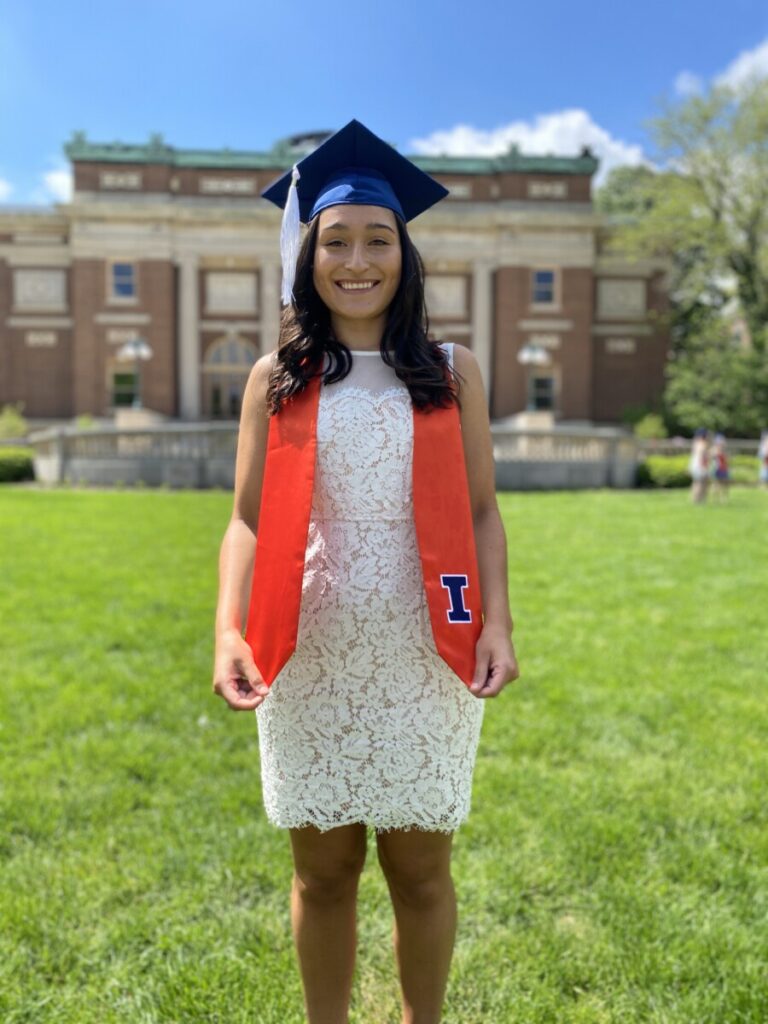
Veronika is a Second-Year MPH student in the Global Epidemiology Program interested in researching zoonotic diseases. She studied integrative biology with a minor in chemistry and global health at the University of Illinois at Urbana-Champaign in their honors program.

Nafis is a 2nd Year Epidemiology MPH student. He is from Morrisville, PA and got his B.S in Biochemistry and Molecular Biology from Penn State University in 2018. When not in class you can catch Nafis hiking around Northern Georgia or finding other ways to stay active.
Featured Image by Denise Jans on Unsplash

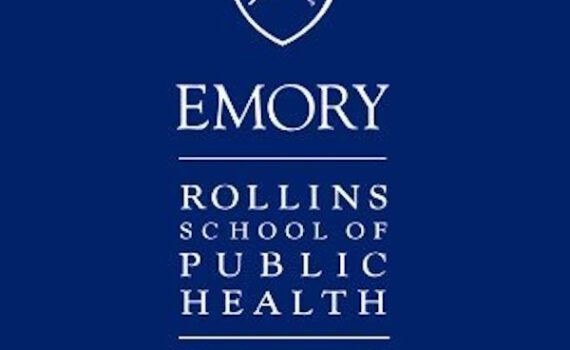

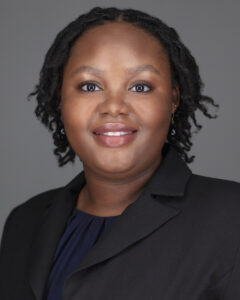 Dede is a second-year MPH Candidate in Epidemiology also in the Maternal and Child Health certificate. Dede is from Orlando, Florida, and her primary research interests are Black infant and maternal morbidity/mortality, maternal substance use, and Black & Indigenous/Latine reproductive health. Prior to attending Rollins, Dede attended the University of South Florida, where she obtained her Bachelor of Arts in Psychology with a minor in Public Health. She is one of the RSGA Department of Epidemiology student representatives.
Dede is a second-year MPH Candidate in Epidemiology also in the Maternal and Child Health certificate. Dede is from Orlando, Florida, and her primary research interests are Black infant and maternal morbidity/mortality, maternal substance use, and Black & Indigenous/Latine reproductive health. Prior to attending Rollins, Dede attended the University of South Florida, where she obtained her Bachelor of Arts in Psychology with a minor in Public Health. She is one of the RSGA Department of Epidemiology student representatives.
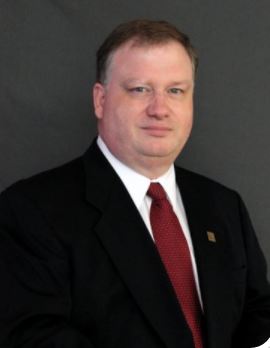
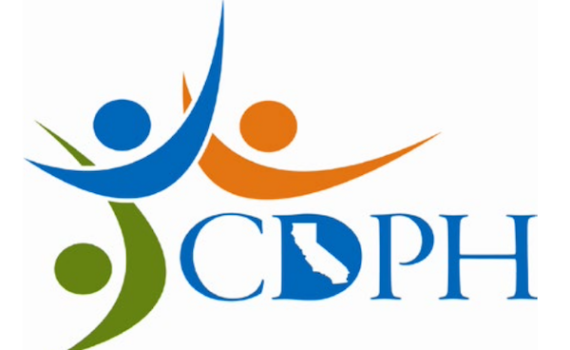

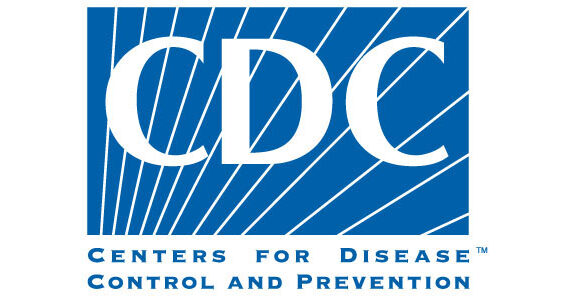
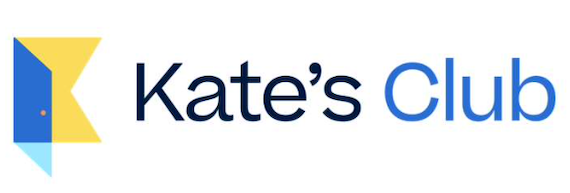
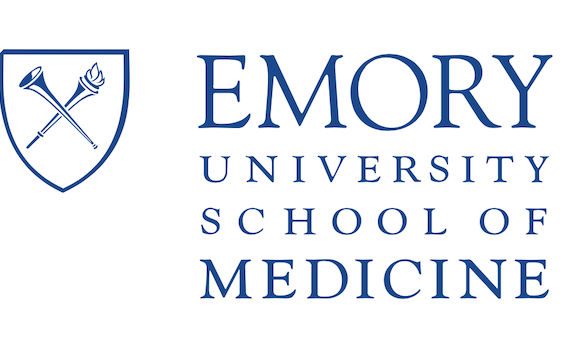
Recent Comments